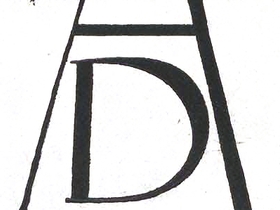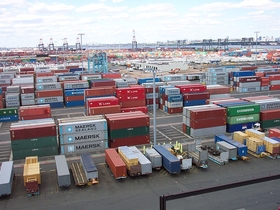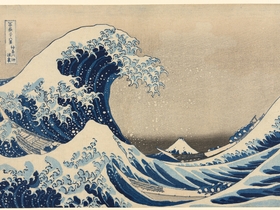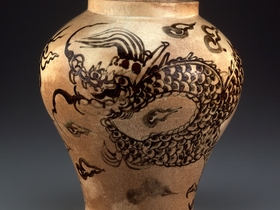The clock is running out on the opportunity to apply for an exclusion from 301 duties on goods from China covered by the third tariff list. Any request for an exclusion must be filed through the new USTR portal on or before September 30, 2019. If List 4 is implemented, we expect there to be a similar opportunity to seek exclusions.
But what about entries on which 301 duties were actually paid prior to an exclusion being granted? Or, what if you are paying 301 duties on goods for which there is a pending exclusion request? Even if the exclusion is granted as a result of a request by a different importer, the exclusion applies to all importers of the covered merchandise. It is, therefore, important that importers protect their ability to collect refunds.
There are two ways to accomplish this.
First, if you have an exclusion request pending or there is a third-party request pending on the same product, you can ask Customs and Border Protection to suspend liquidation of the entries until the exclusion request is approved or denied. If the exclusion is granted, the merchandise will liquidate accordingly and you will either not pay the 301 duties or, if they were deposited, you will receive a refund.
If the entry has liquidated and the importer paid the 301 duties, the importer can protest the liquidation and seek a refund of duties plus interest. Keep in mind that a protest must be filed within 180 days of liquidation (and not before liquidation). The protest can be filed electronically through the ACE protest module or on CBP Form 19 at the relevant Port of Entry.
Preserving the right to a 301 refund requires coordination and attention to detail. Most important, importers need to know what exclusions have been granted and what requests are pending. The USTR’s website includes an up-to-date summary of tariff actions, including exclusions. Granted exclusions are eventually added to HTSUS Chapter 99, Subchapter III, Note 20 starting at paragraph (h). For List 1 and List 2, the exclusion requests are viewable at www.regulations.gov and can be searched by HTSUS number.
In addition to tracking exclusions and requests, importers, most likely working with their brokers, need to monitor entries subject to 301 duties. To the extent there are unliquidated entries of subject merchandise, the importer must decide whether it wants to suspend liquidation or let the entry liquidate and then protest. A protest may be the more efficient approach because it allows the importer to correct multiple entries in a single filing. However, protests must be done carefully because the only avenue to challenge a denied protest is a lawsuit in the Court of International Trade.
If you have questions, contact any Barnes/Richardson attorney.




